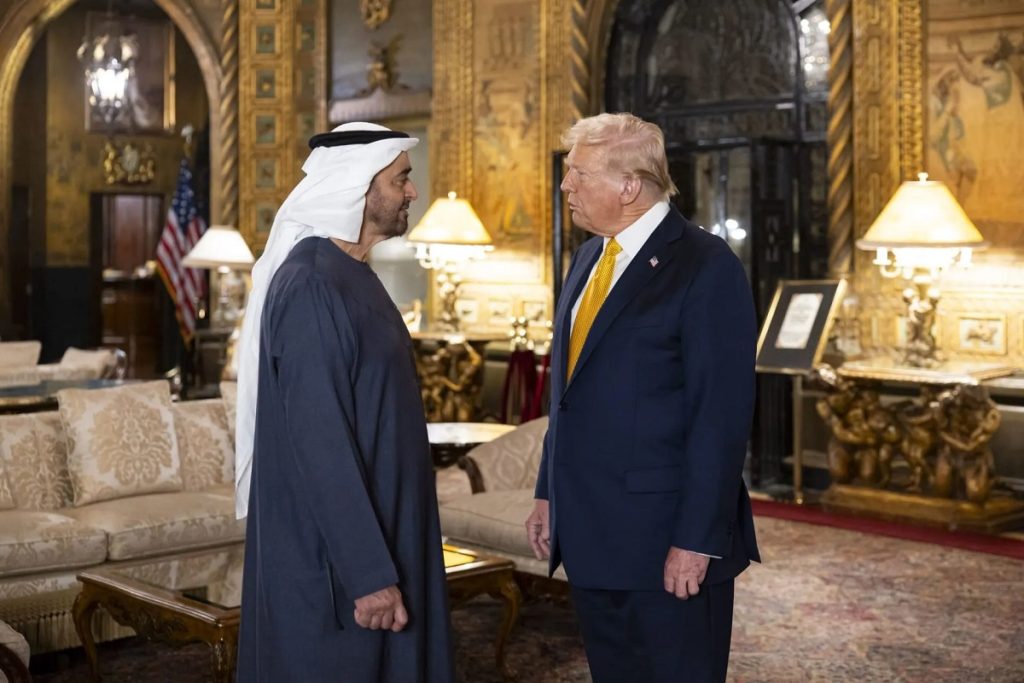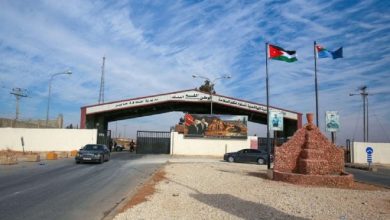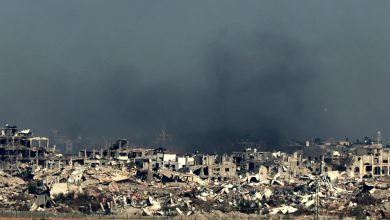UAE’s Foreign Policy: Echoing Tel Aviv, Abandoning Arab Priorities
From Syria to Gaza, Abu Dhabi Aligns with Israeli Agendas, Raising Questions Over Its Role in the Arab World.

Watan-In recent years, the political positions of the United Arab Emirates have gone beyond mere alignment with its Western allies, becoming a clear reflection of Tel Aviv’s agenda in the region. Abu Dhabi now speaks with an Israeli tongue on the region’s most pressing Arab issues.
With every regional turning point, UAE Foreign Minister Abdullah bin Zayed surfaces to reaffirm this transformation. In a recent interview with Fox News, he stated: “It’s too early to talk about trust in Syria’s legitimate president; we need to verify their messages.” This statement isn’t isolated—it mirrors the Israeli stance and is nearly a direct quote from Tel Aviv’s playbook.
UAE Questions the Syrian Regime—On Whose Behalf?
Abdullah bin Zayed’s comments weren’t a personal opinion. Days before, Benjamin Netanyahu himself said: “The Syrian regime cannot be trusted unless it commits to the Abraham Accords and guarantees Israel’s security.”
Ironically, bin Zayed repeated the same sentiment without once mentioning Arab interests, Syrian unity, reconstruction, or the millions of displaced Syrians.
There was no mention of the suffering of the Syrian people, their historical role, or the scale of the catastrophe since 2011. The only concern of the UAE’s foreign ministry appears to be: Does the Syrian regime guarantee Israel’s security?
Why is the new Syrian regime deemed untrustworthy by the UAE? Does it threaten Gulf or Arab national security? Or has “trust” become measured solely by how well countries respond to Israeli demands rather than Arab identity or unity?
If Saudi Arabia—with its religious and political weight—has decided to reconcile with Damascus, what drives the UAE to adopt a stance even more rigid than Israel’s?
The answer lies not in Syria, but in Abu Dhabi’s redefined position within a regional system that aligns more closely with Tel Aviv’s vision than with the aspirations of Arab populations.

Demanding Disarmament in Gaza—Israeli Rhetoric, Emirati Voice
The UAE’s stance on Gaza reflects Israeli positions clearly. While Israel continues its daily massacres and has maintained a crippling blockade for over 17 years, the UAE leads calls for “disarming the resistance” and handing the Strip over to a “moderate authority”—terms directly drawn from Israel’s security narrative.
UAE media outlets have repeatedly promoted a post-war settlement in Gaza that offers “reconstruction in exchange for disarmament”—identical to Israeli defense ministry proposals. Discussions about ending the occupation, halting settlements, or holding war criminals accountable are entirely absent from official Emirati statements.
Abu Dhabi has shifted from claiming solidarity with Palestine to marketing the necessity of ending “armed resistance” under the pretext of peace.
But the UAE deliberately ignores the fact that resistance is a natural response to occupation—and that disarmament under continuing Israeli aggression amounts to unconditional surrender.
Silence on Gaza’s Massacres
Most shockingly, the UAE’s official discourse makes no mention of the victims of Israel’s war on Gaza.
Hundreds of thousands of Palestinian martyrs and wounded, children with amputated limbs, families buried under rubble, bombed hospitals, and leveled homes—none of this has space in UAE statements.
The only recurring message: “The hostages in Gaza must be released.”
As if Palestinian suffering is invisible. As if Arab blood holds no value next to that of a captured Israeli soldier or settler.
This political and moral deviation exposes just how deeply Abu Dhabi is now aligned with Tel Aviv, making it an untrustworthy mediator in any future diplomatic effort.

Conditional Messages and Selective Normalization
In political backchannels, it is said that “full normalization” with the Syrian regime depends on its agreement with Israel—a message reportedly conveyed directly by Trump to Emirati officials during private meetings.
In other words, Abu Dhabi doesn’t view Damascus as an Arab capital—but as a geographic entity that must normalize relations with Israel before being granted recognition.
This attitude extends to Lebanon as well, where the UAE supports efforts to curb Hezbollah at any cost, including funding media outlets and agendas designed to vilify the group—just as Israel does.
UAE at a Crossroads
What’s unfolding isn’t just a policy drift—it’s a fundamental redefinition of the UAE’s role in the region. Abu Dhabi is gradually becoming an Israeli tool cloaked in Arab legitimacy: whitewashing occupation, demonizing resistance, and undermining the fragile Arab consensus that still resists full normalization without a price.
Today, the UAE faces a decisive choice:
-
Either return to the Arab fold, repositioning itself in alignment with just causes—chief among them Palestine;
-
Or remain a Zionist proxy, managed from Tel Aviv, exploiting Arab division in service of hegemonic projects.






